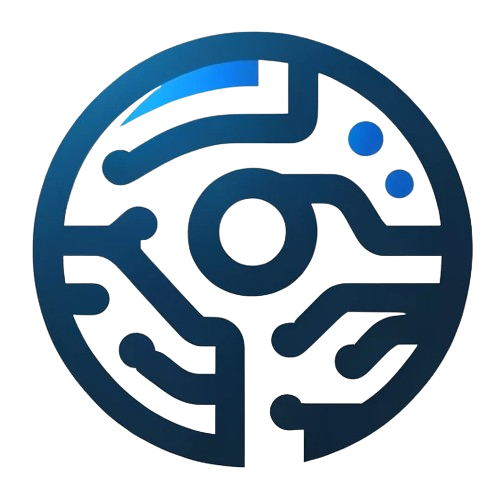Artificial Intelligence (AI) is a multifaceted field of science and engineering, aiming to create intelligent machines that can perform tasks requiring human intelligence. AI encompasses a broad range of disciplines, including computer science, psychology, neuroscience, cognitive science, linguistics, and more. This guide provides a detailed overview of AI, its history, key concepts, methodologies, applications, and future directions.
Understanding AI and Its Foundations
What is AI?
AI is the simulation of human intelligence processes by machines, especially computer systems. These processes include learning (acquiring information and rules for using it), reasoning (using rules to reach approximate or definite conclusions), and self-correction.
Brief History of AI
The concept of AI dates back to ancient myths and stories of artificial beings endowed with intelligence or consciousness by master craftsmen. The formal foundation of AI as an academic discipline began in the mid-20th century, with the term “artificial intelligence” first coined by John McCarthy in 1956 during the Dartmouth Conference.
Key Concepts in AI
Machine Learning
Machine Learning (ML) is a core part of AI, focusing on developing algorithms that allow computers to learn from and make predictions or decisions based on data. ML is divided into three main types:
- Supervised Learning
- Unsupervised Learning
- Reinforcement Learning
Deep Learning
Deep Learning, a subset of ML, involves neural networks with three or more layers. These neural networks attempt to simulate the behavior of the human brain—albeit far from matching its ability—allowing it to “learn” from large amounts of data.
Natural Language Processing (NLP)
NLP is a field at the intersection of AI and linguistics. It involves the interactions between computers and humans using the natural language and enables machines to read, decipher, understand, and make sense of human languages in a manner that is valuable.
Methodologies in AI
AI can be categorized into two fundamental types based on capabilities and functionalities:
Narrow AI
Also known as Weak AI, Narrow AI is AI that is designed and trained for a specific task. Industrial robots and virtual personal assistants, like Apple’s Siri, use narrow AI to perform their tasks.
General AI
General AI, or Strong AI, is the concept of a machine with the ability to apply intelligence to any problem, rather than just one specific problem, essentially mimicking human cognitive abilities.
Applications of AI
AI has permeated various sectors, transforming operations, enhancing efficiency, and creating new opportunities:
- Healthcare (e.g., diagnostic algorithms, personalized medicine)
- Finance (e.g., fraud detection, automated trading systems)
- Automotive (e.g., self-driving cars)
- Retail (e.g., personalized shopping experiences, inventory management)
- Manufacturing (e.g., predictive maintenance, supply chain optimization)
Ethical and Societal Implications
The rise of AI has raised significant ethical and societal questions:
- Privacy: The handling of personal data by AI systems.
- Employment: The impact of automation on job markets.
- Bias: The potential for AI algorithms to perpetuate or amplify biases.
- Security: The use of AI in surveillance and warfare.
The Future of AI
The future of AI is a topic of much speculation and excitement. Ongoing advancements in computational power, algorithmic complexity, and data availability are expected to drive AI towards even more sophisticated and versatile applications. Emerging trends include:
- AI in quantum computing
- Autonomous robotics
- AI-driven climate change modeling
- Integration of AI in daily life and work at an unprecedented scale
Challenges and Opportunities
As AI continues to evolve, it will face challenges such as data privacy, algorithmic bias, and the need for robust, explainable AI models. However, the opportunities it presents are immense, including the potential to solve complex global challenges, enhance human capabilities, and drive innovation across industries.
In conclusion, AI is a rapidly evolving field with the potential to transform every aspect of our society. Its development is fueled by the intersection of various scientific and technological disciplines, leading to innovations that were once thought impossible. Understanding AI in depth allows us to navigate its implications responsibly and leverage its capabilities to improve our world.
